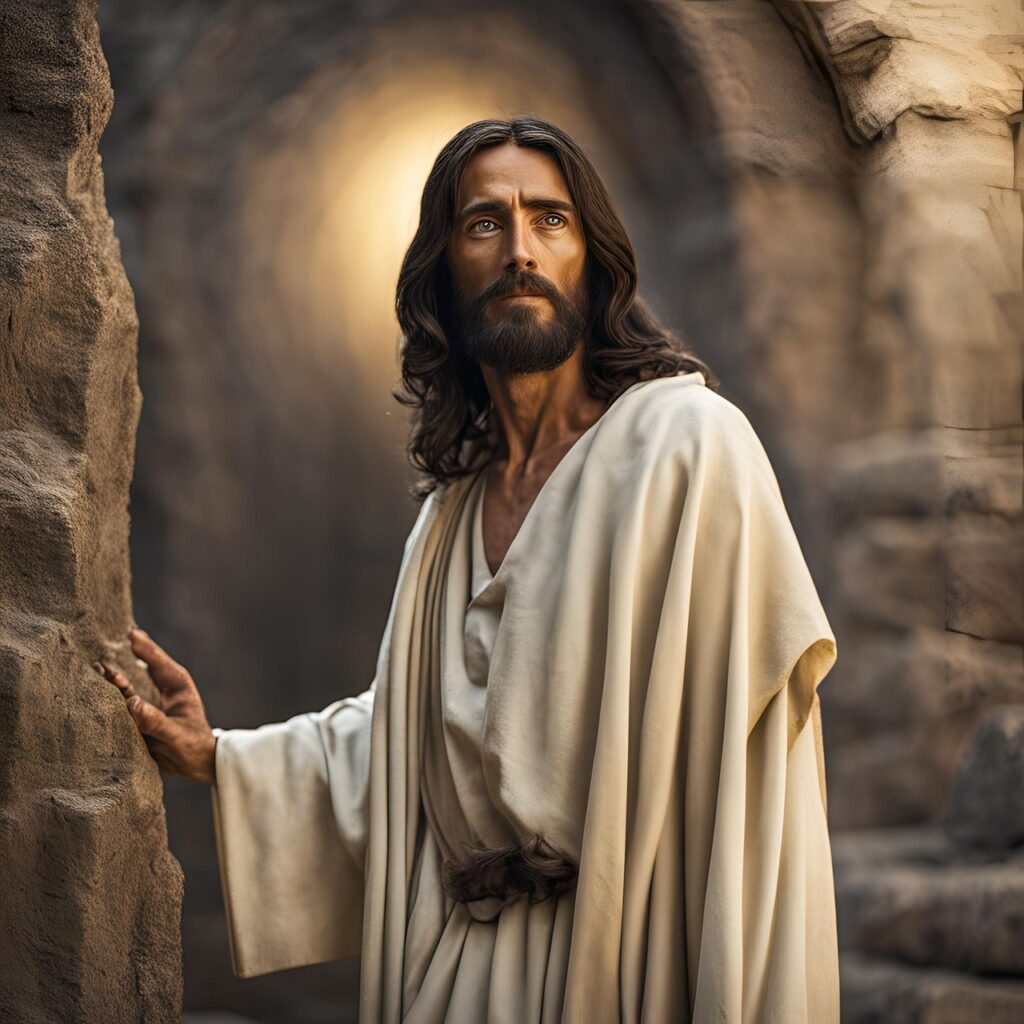Reflection by Bishop Enrique Díaz: Walkers without moorings
XV Ordinary Sunday

Mons. Enrique Díaz Díaz shares with Exaudi readers his reflection on the Gospel of this Sunday, July 14, 2024, titled: “Walkers without moorings.”
***
Amos 7, 12-15: “Go and prophesy to my people”
Psalm 84: “Show us, Lord, your mercy”
Ephesians 1, 3-14: “God chose us in Christ before creating the world”
Saint Mark 6, 7-13: “He sent the disciples two by two”
How to be an apostle of Jesus? Jesus chose the twelve “to be with Him and to send them to preach with power to cast out demons.” After having lived with Him, being His companions, listening to His teachings in parables, they have witnessed His miracles, they have walked alongside Him, and they have learned from Him. Now a new dimension of the disciple opens up: the missionary dimension, and for this they receive with his instructions become clear, and a new horizon opens in his preaching.
It is true that in last Sunday’s gospel we find Jesus today in apparent failure in his own town. But Jesus does not give up or become discouraged, on the contrary, he undertakes a new way of bringing his “Good News” entrusting it today to his apostles, as if he wanted to insist that failures do not matter, that we must get up and instead of discouragement set your sights higher. And so, the mission, which seemed personal, now becomes communal and has new companions who are carrying that Gospel. He does not allow himself to be defeated by failure: he expands his practice, multiplying by twelve his efforts and his dedication to the mission. Those who had been called to remain with Him, to know Him and to have very close contact, now also receive the same mission that He has, with the same powers, with the same message and also with the same methods. There are those who currently would like this mission to be awarded only to bishops, priests and nuns, or in any case to lay people “more of the Church”, but the mission belongs to every Christian, in fact, we could say that the mission is for every man. .
Jesus’ admonitions to his apostles are also for all people and help to lead the path of life well, of course they are directed in a special way to his disciples. Basically, he tells us that we should lead the life of a “wayfarer” or “pilgrim.” It is the attitude of taking life as a passing step, but with seriousness and responsibility. We will not be eternal in this world, but we have been sent, and we are not here by chance. Therefore, we cannot remain settled and living stuck in our selfishness. We also have an important message to communicate: the life of God shown in our lives. Mission, awareness of leaving ourselves and responsibility of transmitting a message are the tasks of the walker, because he knows where he came from, why he walks and where he is going. Jesus gives importance to walking two by two. To walk through life you have to walk in community, at the step of your brother, neither behind nor forward. Much less above him! We still find, with shame and anger, photos from not many years ago where an indigenous person walks carrying on his back the mestizo or the landowner who is “making his way.” He who does not know how to walk “two by two”, who is selfish and only looks at his step, becomes a burden for others, causes others to stumble and ends up walking alone. Pope Francis has insisted on this: let us learn to walk synodally, at the step of our brother.
He “commanded them not to take anything for the journey.” It is a recommendation that clashes with our time, our society and our culture. Living in opulence, seeking more and more every day, ambition, has become an obsession for us. We look for things with such anxiety and zeal that we become slaves to consumerism. It is a culture that drives us to acquire, to buy, to search, to such a degree that we feel unhappy if we do not have what fashion dictates to us. Jesus invites us to another way of living: with dignity but with what is essential, with inner harmony and with harmony with others. Everything we consume else, we are “stealing” from others who need it. What this artificial world proclaims is a lie when it tells us that we have the right to live in abundance because we have achieved it. Whenever an individual or a nation consumes too much, they are depriving others of what they need to survive. That is why we need to stop and look at how we are walking. Examine what I carry and what I long for, see what bends my back and if I am light on baggage or if there is an accumulation of nothingness that sinks and overwhelms me. Do I really need everything I carry to live with dignity and to walk freely? Our prayer today will also be to discern, decide, let go, breathe, liberating air from what has apparently become a law or social norm, but which ends up suffocating me.
Pope Francis seeks to radically follow the Gospel and frequently questions us about the effectiveness of our preaching and our commitment to the poor. Also as a Church we have to reflect if along the way we have not been burdened by ideologies, empires and powers, which do not always help us preach the Gospel. He clashes strongly with the demands of Jesus, a Church that sometimes appears tied to current economies and systems. We have to check ourselves if we are fulfilling the conditions that make the Gospel free. There are many fascinating “religions” that offer so many material goods that are strongly confronted with the message of Jesus. We will have to take care that our Christianity is not a business, that neither preaching nor sacraments are conditioned to stipends that seem to buy graces. The message of Jesus has to resonate liberating, but it has to be preached and lived by a free Church, which opts for the poor and which allows itself to be evangelized and evangelizes from the poor.
God, our Father, who calls us to announce to all people your Kingdom, justice and brotherhood; Help us walk through life announcing to everyone the Good News of your paternal love. Amen
Related

After Eight Days Jesus Arrived: Commentary by Fr. Jorge Miró
Jorge Miró
26 April, 2025
3 min

The Perspectivas del Trabajo Foundation is founded with the aim of promoting virtues for professional development
Exaudi Staff
25 April, 2025
2 min

Reflection by Bishop Enrique Díaz: Alleluia, alleluia
Enrique Díaz
20 April, 2025
5 min

Christ is Risen! Alleluia! Commentary by Fr. Jorge Miró
Jorge Miró
20 April, 2025
3 min
 (EN)
(EN)
 (ES)
(ES)
 (IT)
(IT)

